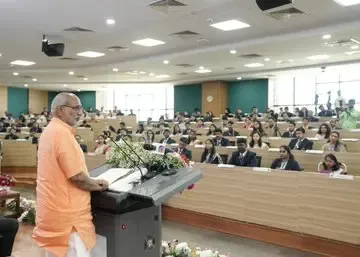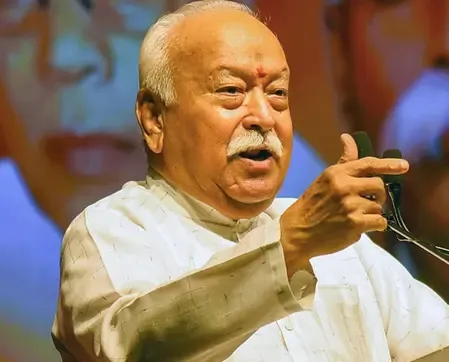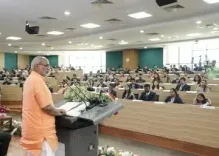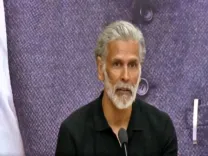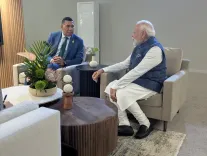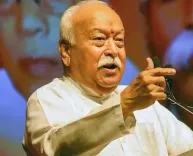Are Maulana Madani's Claims About Muslim Leadership in India Incorrect?
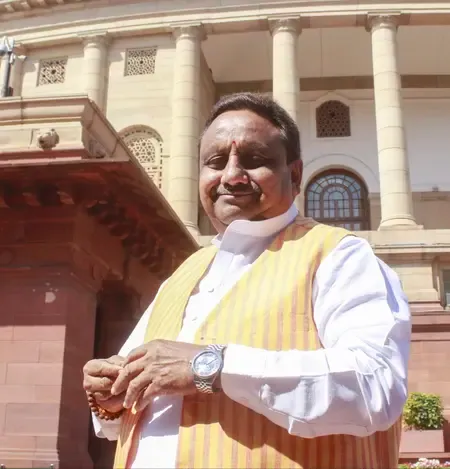
Synopsis
Key Takeaways
- Controversial statement by Maulana Madani.
- BJP leaders firmly reject the claims.
- Discussion highlights the importance of representation.
- Implications for the broader societal narrative.
- Calls for constructive dialogue on leadership opportunities.
New Delhi, Nov 23 (NationPress) The President of Jamiat Ulema-e-Hind (JUH), Maulana Arshad Madani, has ignited a heated debate with his assertion that Muslims in India are "systematically denied" leadership opportunities in universities.
BJP MP Praveen Khandelwal vehemently dismissed Madani's assertion, stating, "This statement of Maulana Madani is completely incorrect. Across the country, numerous Muslims hold significant positions and contribute diligently and honestly. Remarks like those made by Maulana Madani aim to create communal divisions, engage in political maneuvering, and mislead the populace. Nonetheless, the nation will not be misled.
Madani compared India to cities such as New York and London, contending that while Muslims can achieve mayoral roles abroad, they face "blockades" in attaining Vice-Chancellor positions within Indian institutions.
He alleged that examples like SP leader Azam Khan and Al-Falah University reflect instances of "discrimination", asserting, "The government has worked since Independence to hinder Muslim progress... Muslims' determination has been shattered."
Supporting Madani's claims, Congress leader Udit Raj argued that this issue transcends religion, stating, "Dalits and OBCs are also impacted. There are approximately 40 central universities, yet not a single Dalit has assumed the role of Vice-Chancellor."
In contrast, JD(U) spokesperson Neeraj Kumar pointed to Faizan Mustafa as evidence that Muslims do occupy leadership roles.
Kumar emphasized constitutional rights and the presence of Muslim leadership, stating, "In this nation's Constitution, every individual holds the right to occupy positions. What Maulana expressed, he should comprehend. For instance, Bihar serves as a role model. The Chanakya Institute enjoys a national ranking, with Faizan Mustafa as its chairperson."
However, Congress spokesperson Surendra Rajput added, "In our nation, no central university has a Muslim Vice-Chancellor. The government must address this issue. Is there no Muslim scholar in this country, aside from Aligarh Muslim University? Yet, using this as a political tool against Al-Falah is misguided. The ongoing NIA investigation should proceed; those responsible for providing terror funds must be brought to justice."

